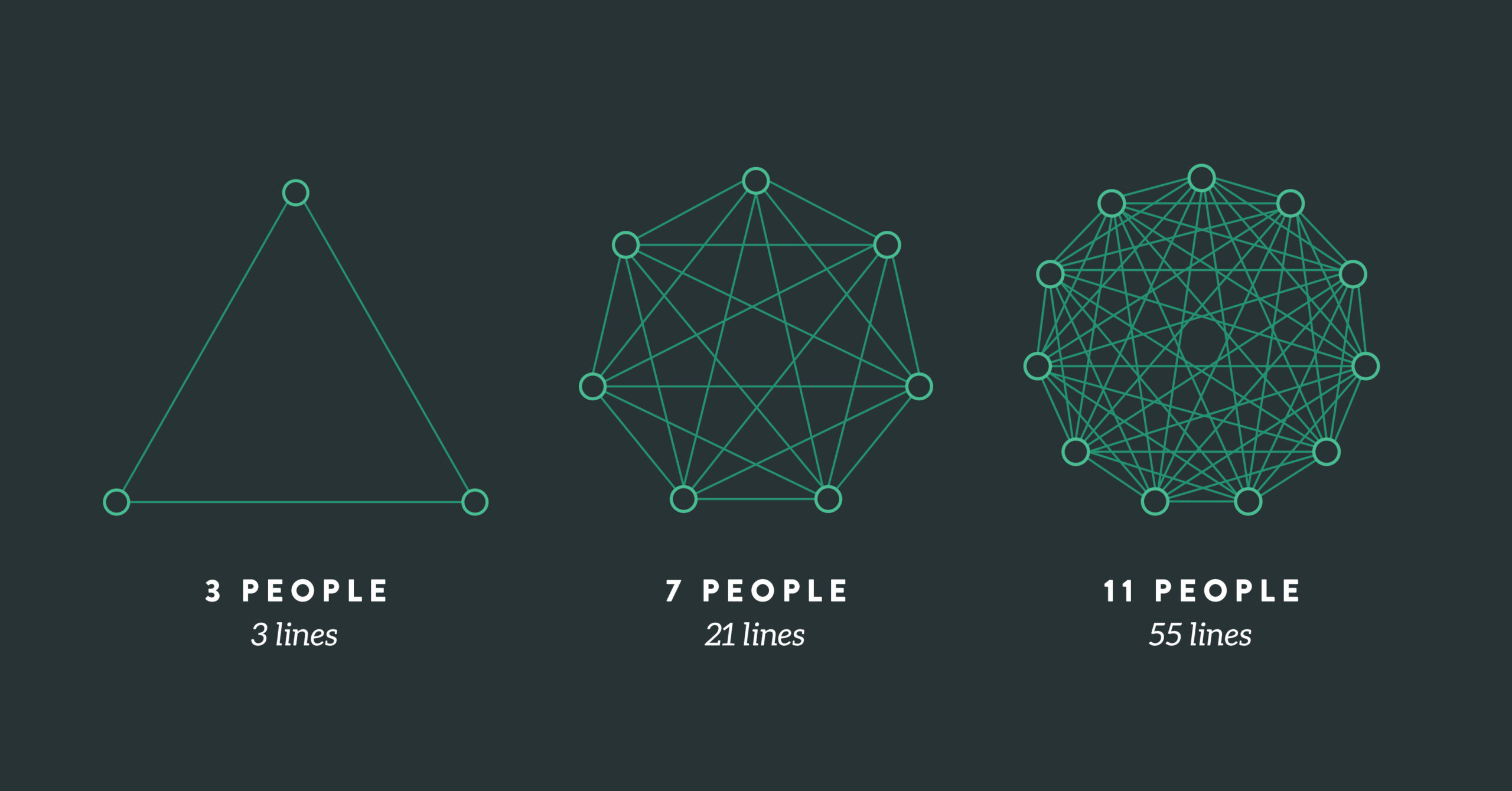Last week was an interesting week, every week is interesting, thankfully; but as I was thinking about this blog and what to share, I was thinking about something that often comes up in my executive coaching practice. And it came up in two separate coaching sessions this week; but first a little context.
When I am retained by an organisation to provide executive coaching support for someone, it could be that the coachee is performing very well, has just been promoted and both the organisation and the coachee see the value of coaching in this context. Or it could be to improve performance in an existing role.
Dysfunctional Dynamics
In the latter case, I’ll occasionally observe a dysfunctional dynamic between the coachee’s line manager and the coachee; and here it can get a little tricky, especially if the coachee’s line manager is culpable and contributing to the apparent need for coaching support in the first place.
Well last week was interesting because I had two such cases, but with two very different outcomes.
In the first case, it was my first session with the coachee (let’s call him Steve) and he is under severe pressure with a project but receiving little or no support from his line manager. His line manager appears oblivious to the impact of this pressure on Steve and when we discussed how he could broach this with his line manager, he said he can’t. We talked a lot about this but suffice to say he’s not ready to do this….yet. His interest and his energy shifted completely when we talked about how he could engage his most experienced team members in how to get back on track, and so we focussed the remainder of the session on this.
Courage to Speak Up
In the second case, it was my fourth session with the coachee (we’ll call him Liam) and his line manager was also very disengaged but in a different way. He was controlling, inhibiting autonomy, very transactional in his approach, detached, unavailable and oblivious to Liam’s needs; and Liam was becoming highly demotivated. However, he took the direct approach, and he did it with real maturity. He was very aware that in order to have a productive conversation, he’d need to manage his emotions of anger and frustration, and convey his message in a calm, clear and assertive manner. He told his line manager specifically, with clear examples, of how he experienced him and what he needed from him instead.
This took careful thought and preparation, but the result was better than he expected. His line manager was certainly on the back foot during the conversation, but he accepted the feedback and his interactions since then (c. 4 weeks ago) have been radically different. Liam has regained his autonomy and motivation, and he has learned that he can speak up, that he can (with careful thought and consideration) say what he needs to say, even when it requires speaking upwards.
Sometimes leaders need to hear the uncomfortable truth about themselves, and coming from a direct report can be one of the most transformational, eye-opening reality checks that a leader can get.
I’ll continue to work with Steve on his readiness to have the same conversation, but for anyone in this situation, here’s my advice. Don’t go into this hoping for the best. Find a coach or a trusted mentor who can help you plan and rehearse this conversation. What’s stopping you now, could be that you don’t have the words, and that you fear that it won’t go well. Working this out with someone you trust will help you find the words and reduce some of the fear and anxiety that it won’t go well.
And for leaders, why not pre-empt all of this and ask your direct reports for feedback? I guarantee you’ll learn something.
If you’re interested in exploring this further, you may find this book helpful.
Speak Up. Say what needs to be said and hear what needs to be heard. Megan Reitz & John Higgins. Pearson Education
I’ll leave you with this thought from an old blog of mine:
I love what Peter Senge (author of The Learning Organisation) says when he describes personal mastery, he says:
“People with a high level of ‘personal mastery’ live in a continual learning mode – they never ‘arrive’…..are acutely aware of their ignorance, their incompetence, their growth areas – and they are deeply self-confident. Paradoxical? Only for those who do not see the journey is the reward”



